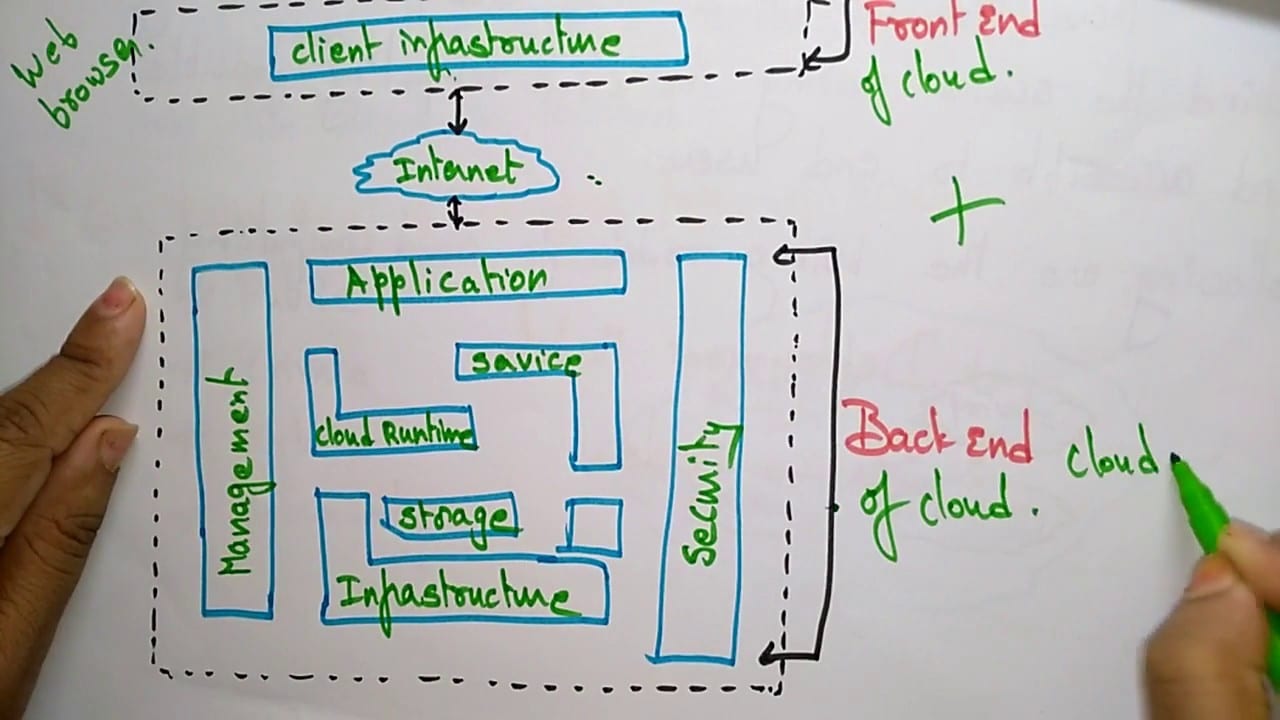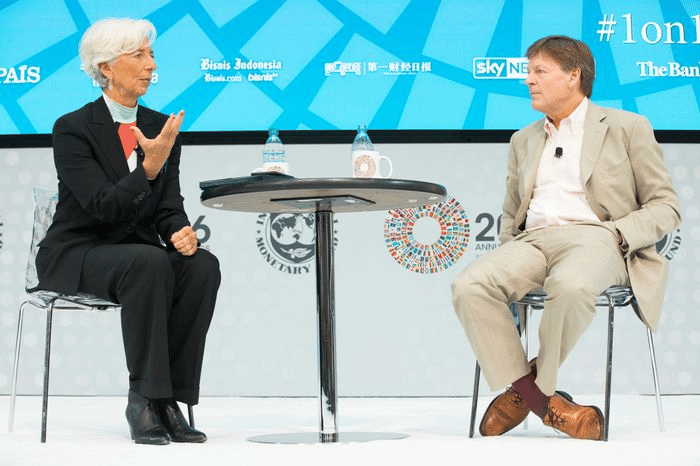The Global High-Frequency Trading Market is Segmented by Type (Cloud-Based, On-Premise), by Application (Individual Investor, Investment Banks, Fund Company): Global Opportunity Analysis and Industry Forecast, 2023-2028.
High-Frequency Trading estimated at USD 6463.3 Million in the year 2022, is projected to reach a revised size of USD 12590 Million by 2028, growing at a CAGR of 11.8% during the forecast period 2022-2028.

Major Factors Driving the Growth of High-Frequency Trading Market
The High-Frequency Trading (HFT) industry is propelled by its unmatched speed and automation capabilities, which allow traders to carry out significant quantities of transactions in a matter of milliseconds. The ongoing quest for quicker execution times, advanced algorithms, real-time data access, and low-latency infrastructure are driving this sector’s growth and enabling HFT businesses to take advantage of microsecond-level market possibilities and arbitrage techniques.
TRENDS INFLUENCING THE GROWTH OF HIGH-FREQUENCY TRADING MARKET
High-frequency trading uses cutting-edge tools and algorithms to complete deals instantly. The main factor driving growth in this industry has been the competition to reduce latency and attain execution speeds at the millisecond level. More quickly than ever, traders may profit from price differences and market swings. Algorithmic trading tactics, which have advanced and become more flexible, are primarily reliant on HFT. These algorithms do extensive data analysis and trade execution on their own, making judgments in real-time depending on market circumstances, news, and other pertinent criteria.
HFT companies make a substantial contribution to market liquidity. They assist in maintaining a healthy market by regularly trading huge amounts of assets, which lowers bid-ask spreads and results in better pricing for all participants. HFT excels in spotting and profiting from minute price differences across a variety of trading platforms and asset types. These arbitrage possibilities have the potential to provide substantial gains, which will draw additional participants to the market.
For HFT techniques, the availability of real-time market data is crucial. The development of this business has been fueled by improvements in data feeds and technology that offer ultra-low-latency access to market information. The HFT industry has been influenced by regulatory developments, such as the adoption of MiFID II in Europe and rules intended to promote fairness and transparency in the financial markets. HFT businesses have learned to abide by these rules while thriving.
A fragmented market has resulted from the expansion of trading venues, including conventional exchanges, alternative trading systems (ATSs), and dark pools. This fragmentation may be used by HFT companies to identify arbitrage opportunities and carry out transactions more quickly. HFT companies have been able to remain competitive thanks to the ongoing development of hardware and software technology. The success of this business has been largely attributed to investments in cutting-edge infrastructure, such as fast networks, co-location facilities, and FPGA-based technology.
HIGH-FREQUENCY TRADING MARKET SHARE ANALYSIS
With a market share of roughly 50%, North America leads the world in high-frequency trading, with Europe coming in second. HFT activity has been heavily concentrated in the United States, particularly in financial hubs like New York City and Chicago. The U.S. market benefits from a strong financial infrastructure, a wide range of trading venues, and a climate that encourages financial and technological innovation.

High-frequency trading’s major international participants include SCitadel LLC, Two Sigma Investments, Virtu Financial, and others. Over 30% of the market is held by the top three producers globally.
Key Companies:
- Citadel Securities
- Two Sigma Investments
- Virtu Financial
- XTX Markets
- DRW Trading
- Optiver
- Tower Research Capital
- IMC Financial Markets
- Hudson River Trading
- Quantlab Financial
- Flow Traders
- Jump Trading
- GTS
- Tradebot Systems



